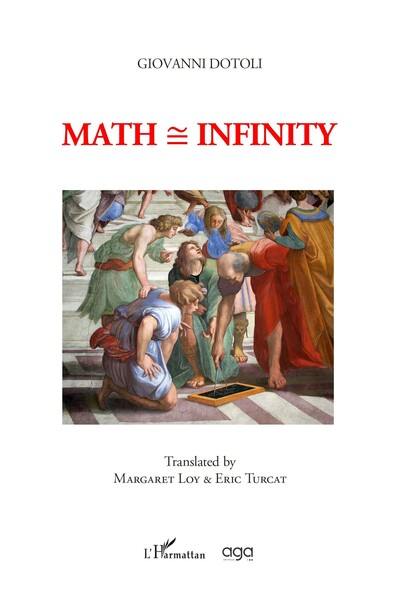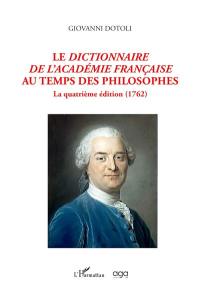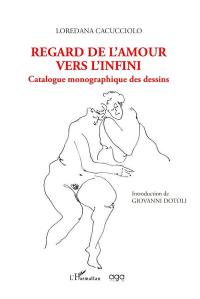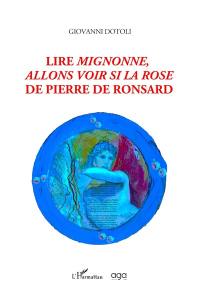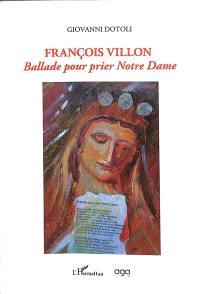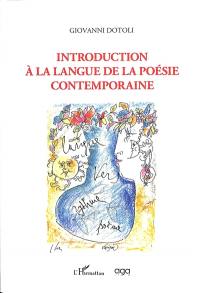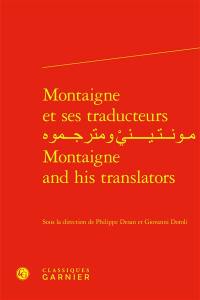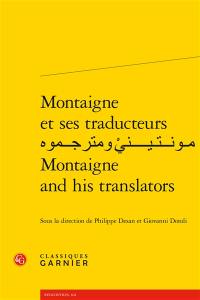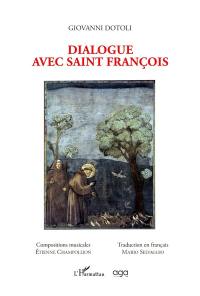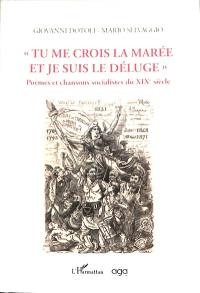Margaret Loy is an accountant in Tulsa as well as a recent graduate of Oklahoma State University where she majored in French. Her translation was completed under the supervision of Eric Turcat, associate professor of French at OSU and translator of three other poetic works by Giovanni Dotoli, also in the L'Orizzonte collection ; Chance Freedom (2023), Poetic Aphorisms (2023), and Paris Quatrains (2024).
Giovanni Dotoli is an emeritus professor of French literature at the University of Bari - Aldo Moro and a lecturer for the Cours de Civilisation française de la Sorbonne. As a poet in both French and Italian, his works have been translated into several languages.
Commander of Legion of Honor, Commander of the Ordre des Palmes Académiques, and Grand prix de l'Académie française, he is a member of the Italian PEN club and of the French PEN club. He is the founder and director of several periodicals including « La Revue européenne de recherches sur la poésie » (Classiques Garnier) and « Noria. Revue littéraire et artistique » (L'Harmattan - AGA, co-directed with Mario Selvaggio).
In 2012, the University of Naples « L'Orientale » awarded him a « Laurea honoris causa » in the Theory and Practice of Translation.
An honorary member of the Société des Poètes français, he has published numerous books of poetry in Italy as well as in France, and has compiled his poems in eight volumes : five in French, titled Je la Vie, and three in Italian, La Rosa del Punto.
For Dotoli, life is language, music and an anthem to words. According to him, everything leads to the same point : the word's core, which is the texture of speech, a sign of intuition and a baring of light.
His wodd is revealed as through poetic transparency.
Universities and associations have devoted an international conference to his poetry. Etienne Champol-lion has put his poems to music.
Dotoli has received numerous prizes for his poetry. He has devoted a fundamental part of his research to poetics, including the books Défense et illustration de la poésie (L'Harmattan - AGA, 2019) and Despace poétique (Hermann, 2020).
